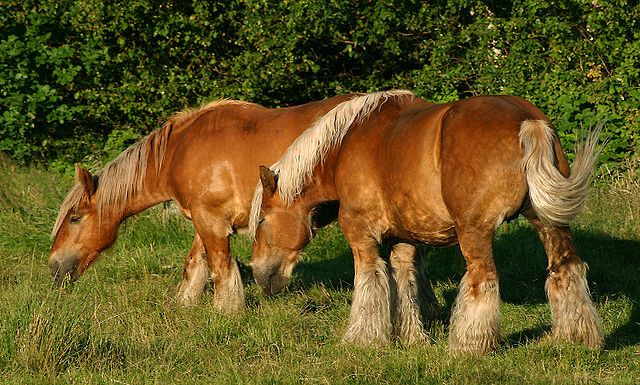Research carried out by Copenhagen University and Statens Serum Institut has revealed that MRSA (methicillin-resistant staphylococcus aureus) has now spread to horses, Politiken reports.
The bacteria can spread to humans and, particularly in cases where people have low immunity levels, cause death. From 2010 up to and including 2016, 46 people died after being infected.
The problem was originally identified in populations of pigs and associated with intensive pig farming. Three years ago, the Danish veterinary and food administration, Fødevarestyrelsen, found MRSA in 68 percent of the pigs that they examined. In 2016, this had increased to 88 percent.
READ ALSO: Danish MSRA-infected pigs causing problems throughout Europe
Although measures have been taken to combat it, MRSA has by no means been eradicated.
More testing recommended
An expert group from Fødevarestyrelsen recommended back in 2014 that other intensively-farmed animals, such as cattle, mink, poultry and horses, should also be tested for MRSA.
In the current research, which is the most thorough examination of horses to date, 17 out of 401 animals were found to have MRSA bacteria. Back in 2005 and 2015, smaller groups of horses were tested and found to be ‘clean’.
Peter Damborg, a researcher from Copenhagen University, contended that “this seems to show that there has been an increase in the incidence of the bacteria in the Danish horse population.”














